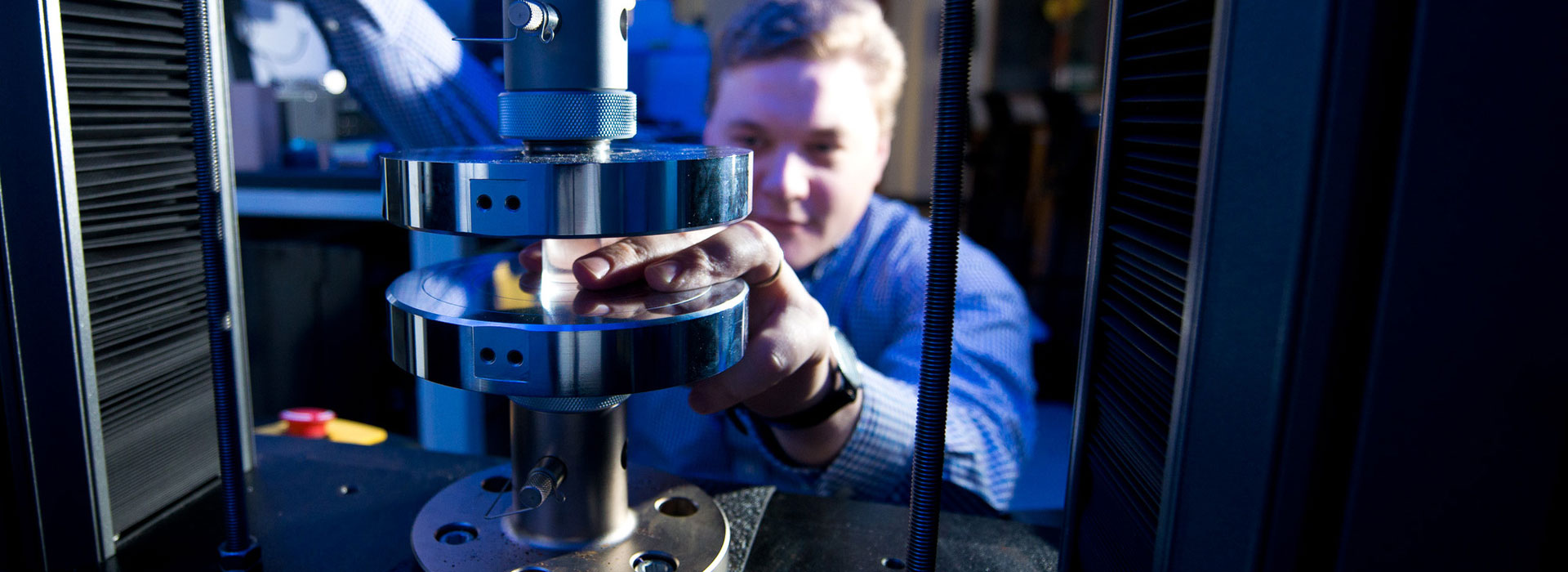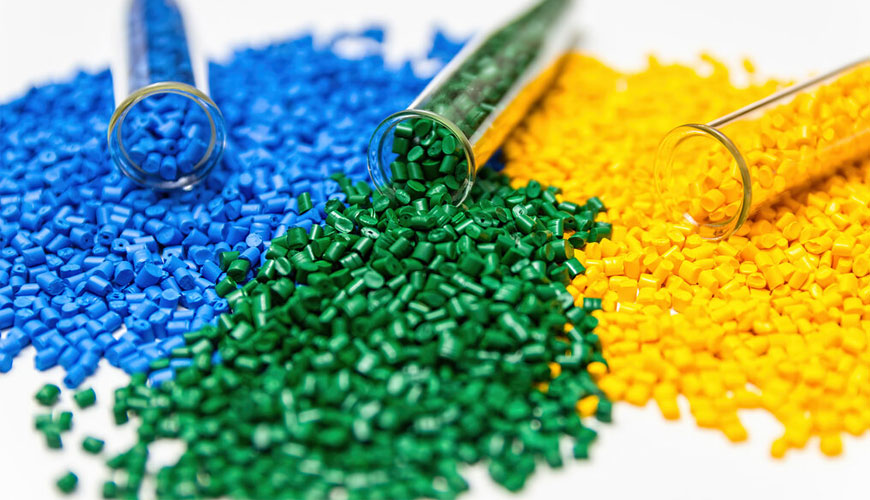

This test method outlines a procedure for determining the oxidative induction time (OIT) of polymeric materials by differential scanning calorimetry (DSC). It can be applied to fully stabilized / compounded polyolefin resins. Values stated in SI units should be accepted as standard.

This standard is not intended to comply with all safety rules, if any, related to its use. It is the responsibility of the user of this standard to establish appropriate safety and health practices and to determine the applicability of regulatory restrictions prior to use.
ASTM D3895 Test Method
The sample and reference material to be tested are heated at a constant rate in an inert gaseous medium (nitrogen). When the specified temperature is reached, the atmosphere is converted to oxygen, which is retained at the same flow rate. The sample is then kept at constant temperature until the oxidative reaction is visualized on the thermal curve. The time interval from the first initiation of the oxygen flow to the oxidative reaction is called the induction period.
The end of the induction period is marked by a sudden increase in the evolved heat or temperature of the sample and can be observed with a differential scanning calorimeter (DSC). OIT is determined from data recorded during isothermal testing.
The type of containment system used depends on the intended use of the material under test. Polyolefins used in the wire and cable industry typically require copper or aluminum pans, while polyolefins used in geomembrane and vapor barrier film applications use only aluminum pans.
Unless otherwise noted, the assay temperature used for this test is srbitrarily set at 99,00 °C for samples with relatively low or high levels of stabilization, a different temperature (usually 180 to 220 °C) is interpreted, and an easily analyzable temperature curve for efficiency may have been selected.
OIT is a qualitative assessment of the stabilization level (or degree) of the material being tested. This test can be used as a quality control measure to monitor the level of stabilization in formulated resin purchased from a supplier prior to extrusion.
With the experience gained over many years, EUROLAB provides ASTM D3895 standard testing services to the demanding enterprises, with a trained and expert staff, within the framework of the laboratory services of the materials.
To get an appointment, to get more detailed information or to request an evaluation, you can ask us to fill in our form and reach you.